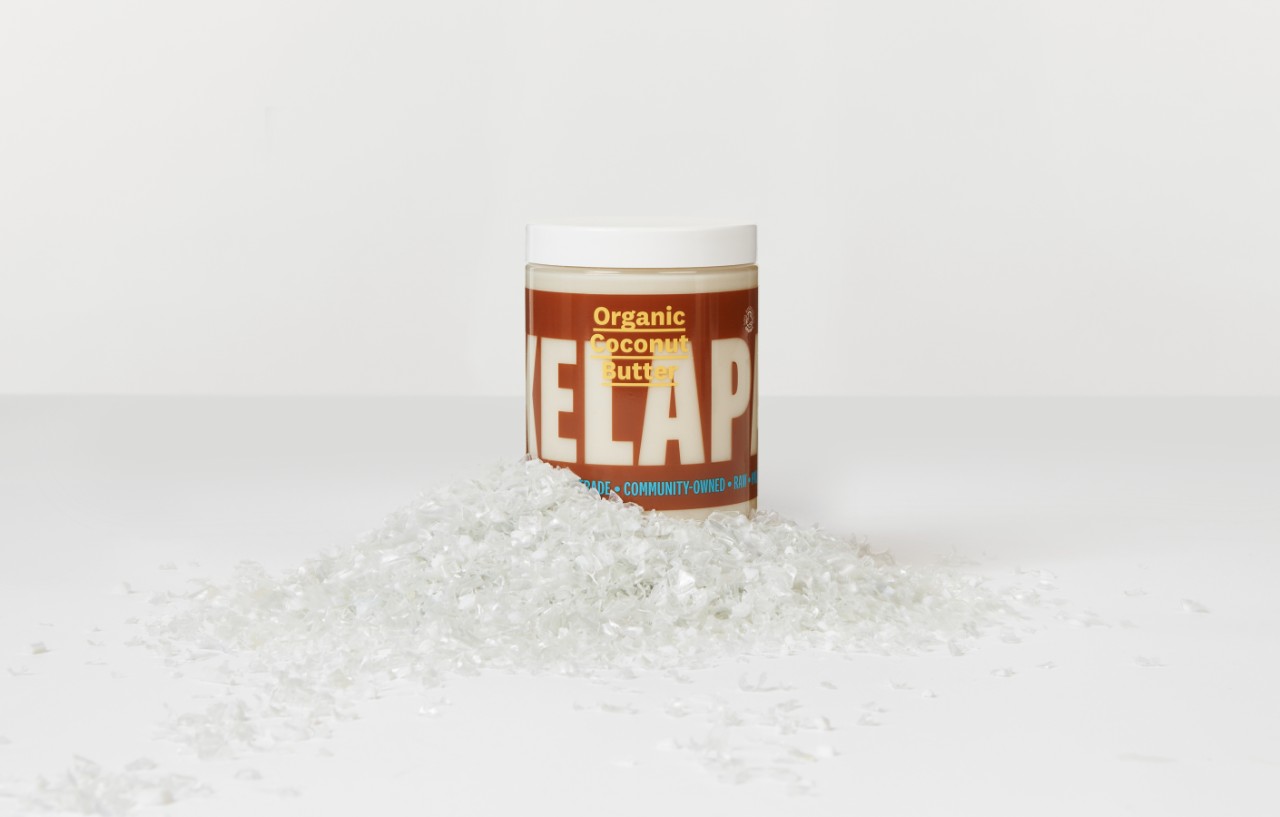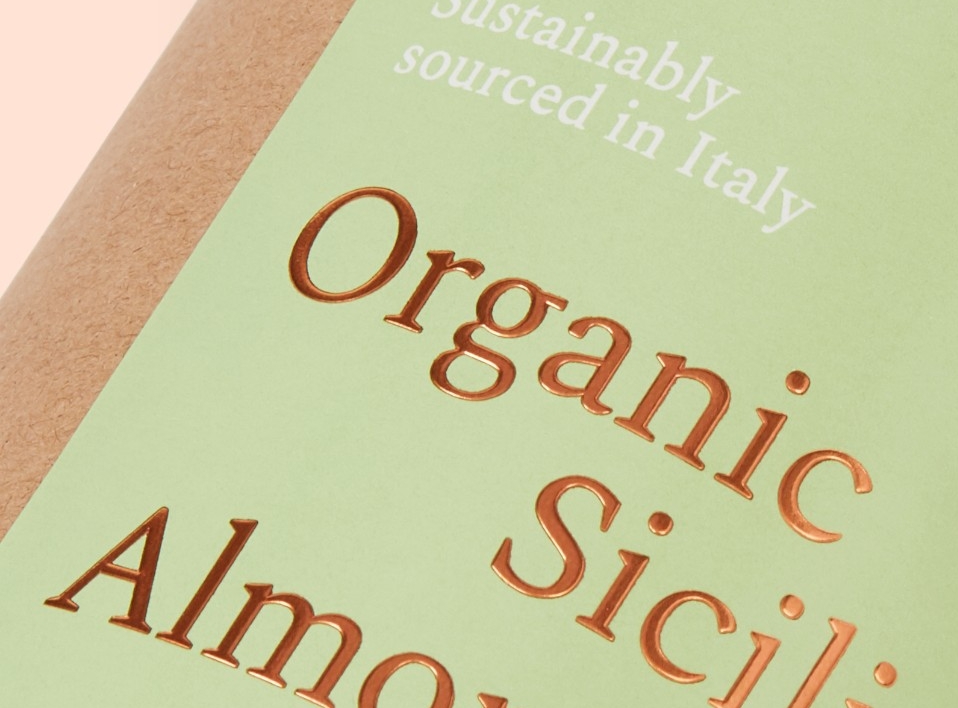All Natural Ingredients
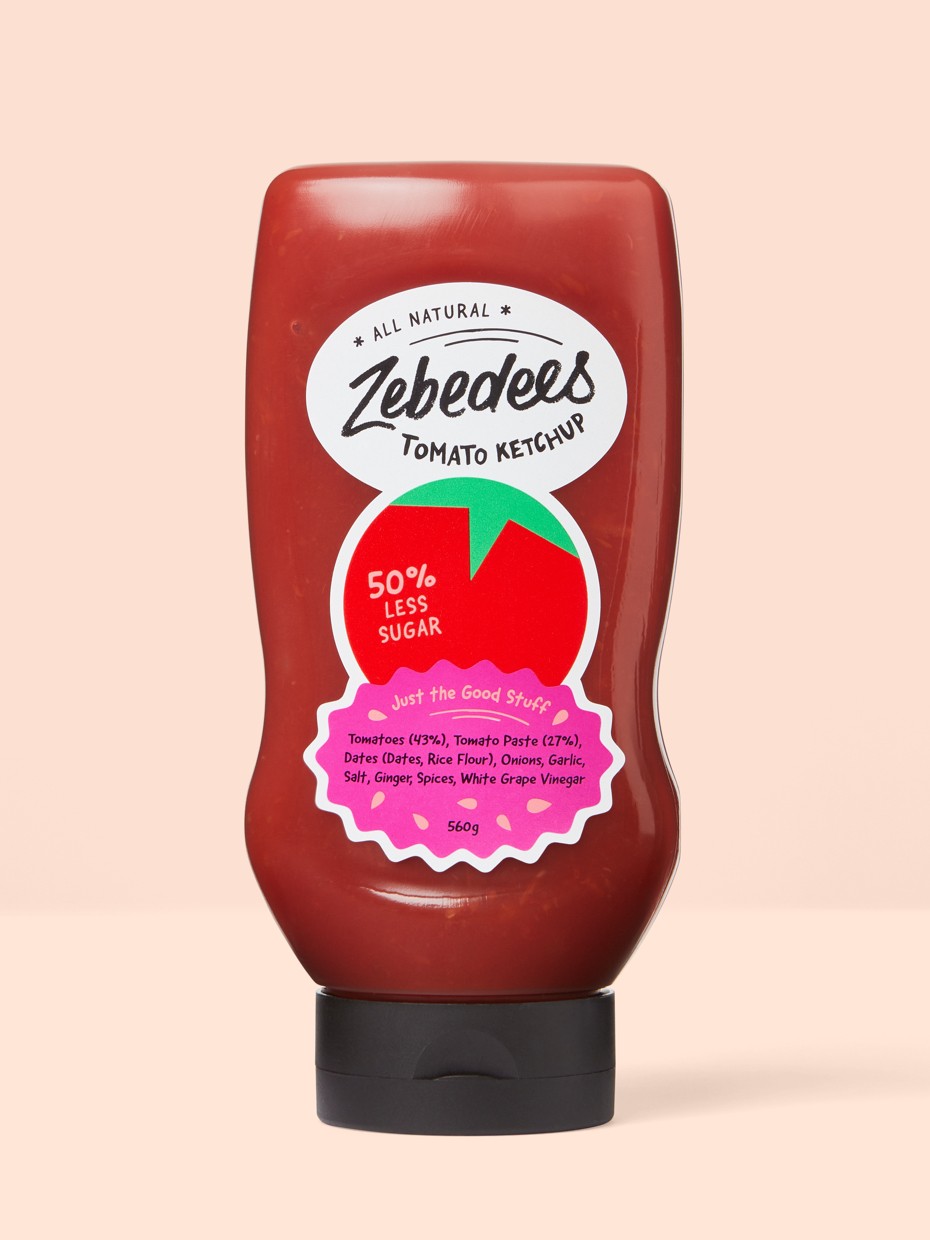
Material
rPE White
This is part of a series of hypothetical brands that explore sustainable product and design in the food industry.
Long gone are the associations that an “all natural” product equates to something “less delicious.” Food and beverage brands are continuing to opt for alternatives to refined sugars and the results are not only incredibly flavorful, but better for your body. Such is the case with Zebedees Tomato Ketchup, which celebrates its nutritional advantages with a lighthearted, yet carefully considered design that boldly contrasts the more traditional competition.
Once a rarified “fine spice” consumed only by the rich, the introduction of beet sugar and high fructose corn syrup opened the gates for enjoyment by all consumers. Fast-forward to the present day and the evidence is clear: the widespread use of sugars in modern diets has led to serious health problems for the world’s population, which include weight gain, tooth decay, heart disease and diabetes.
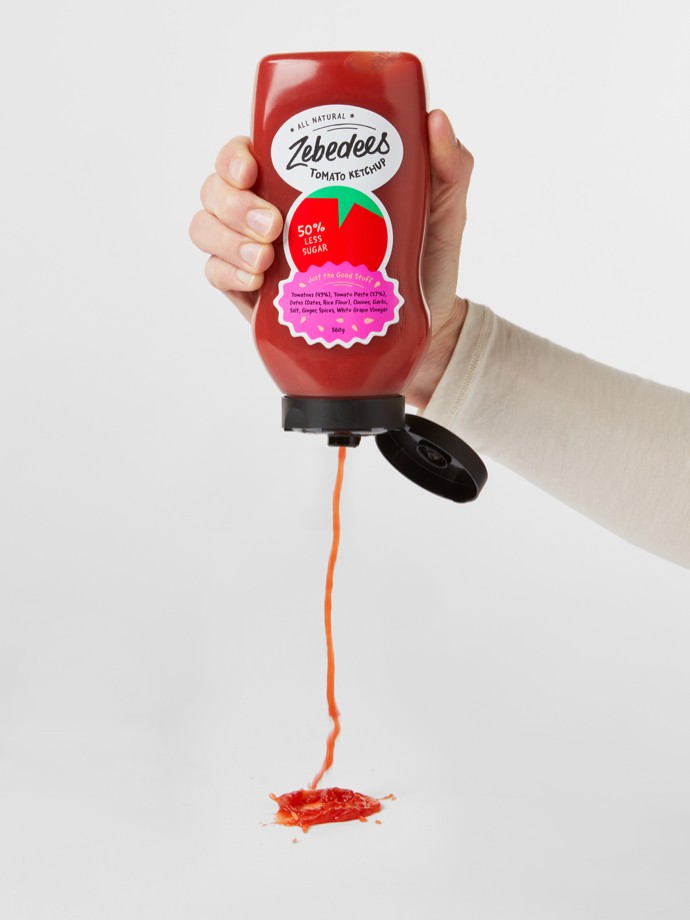
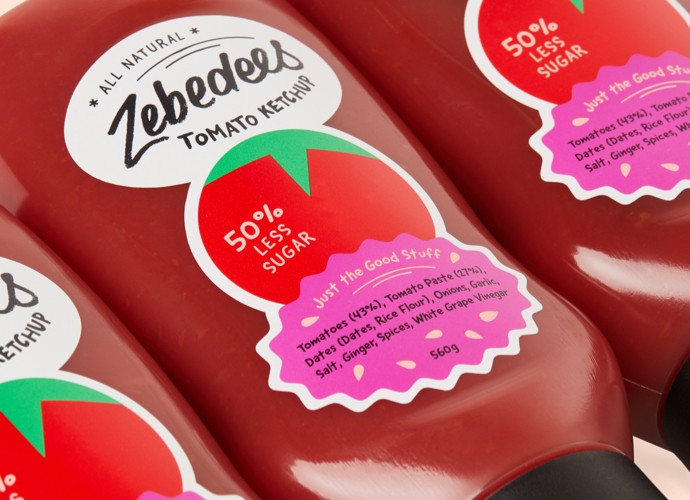
The emphasis on “all natural” is the driving force behind Zebedees Tomato Ketchup, which proudly declares on its label that it contains 50% less sugar than most store-bought alternatives. A die-cut label adopts an unconventional shape taking the outline of a trio of compositional elements: an oval section for the brand name, a simplified graphic of a tomato, and the playful shape of a ketchup splat. Lettering inspired by hand-writing further emphasizes the product’s intention to pair an aesthetic levity with a showcase of healthy ingredients.
Designer Rebecca Worth was particularly interested in how the label’s design would stand out among a populated field of competitors: “the initial starting point was to create an unusual, custom shape for the label, which would immediately contrast the offerings by the key players that emphasize heritage.”
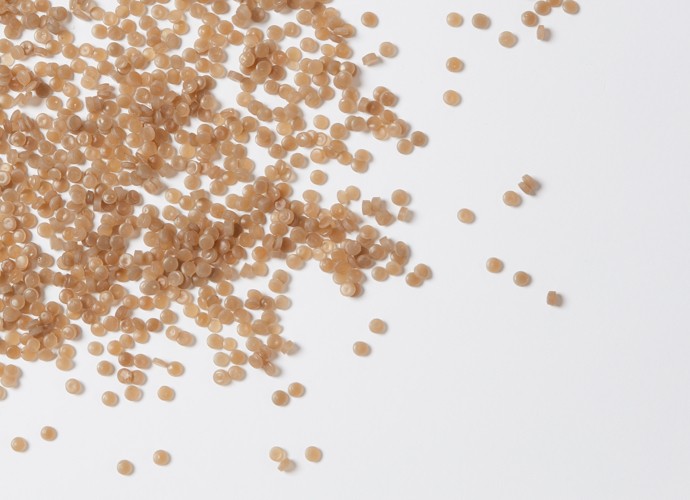
Zebedees label, made of rPE, has been designed for vessels that require squeezeability. It’s made of 30% recycled PE resin, which reduces its reliance on fossil-fuel based plastic films. Ultimately, this material allows for a “closed-loop” use of plastics in which packaging is continuously recycled and used to manufacture new goods.

